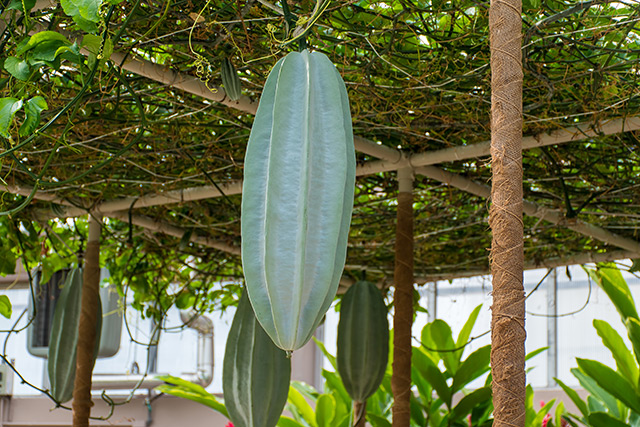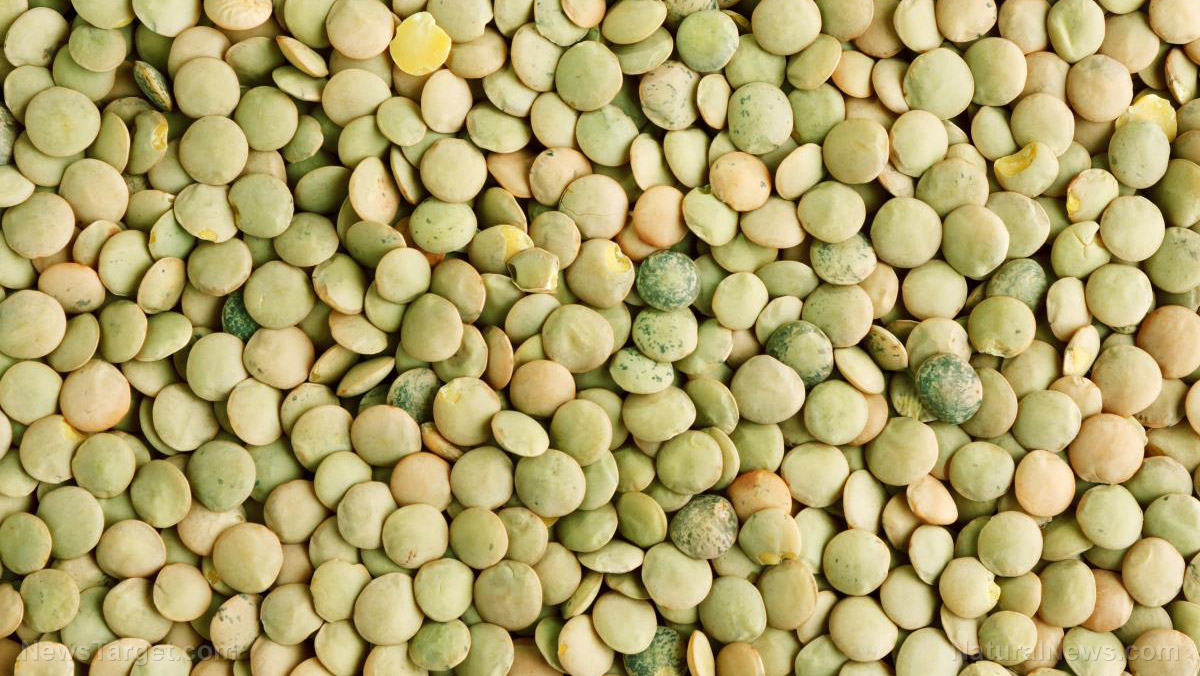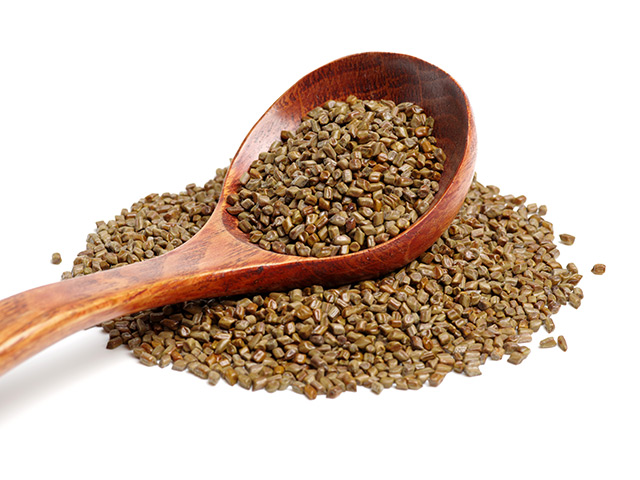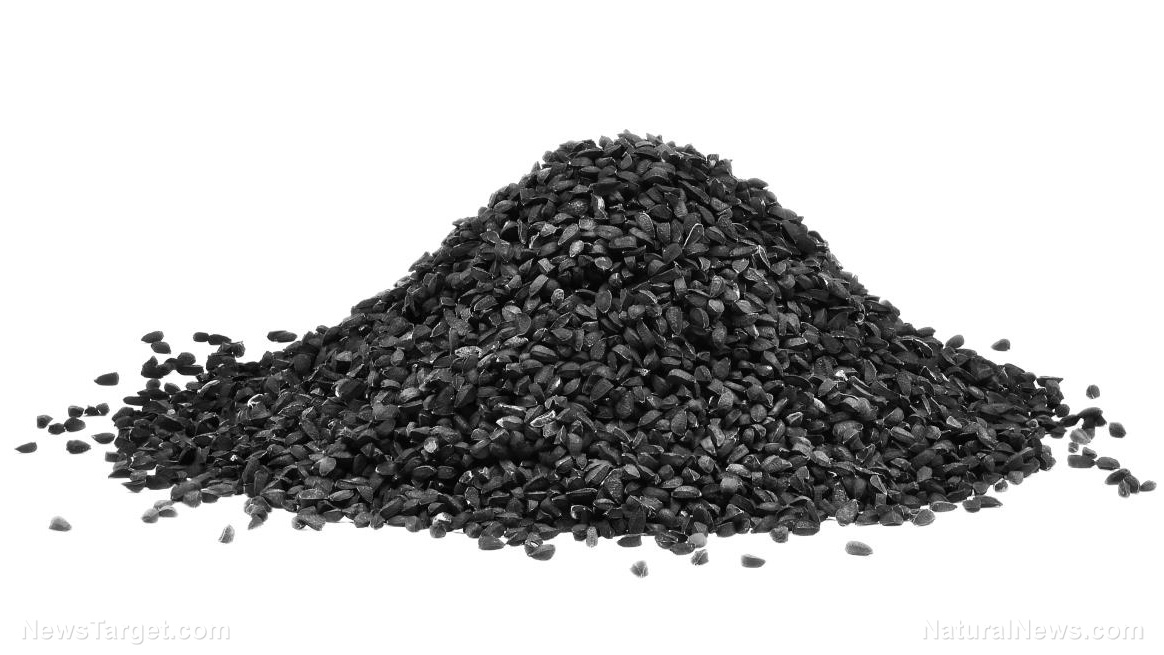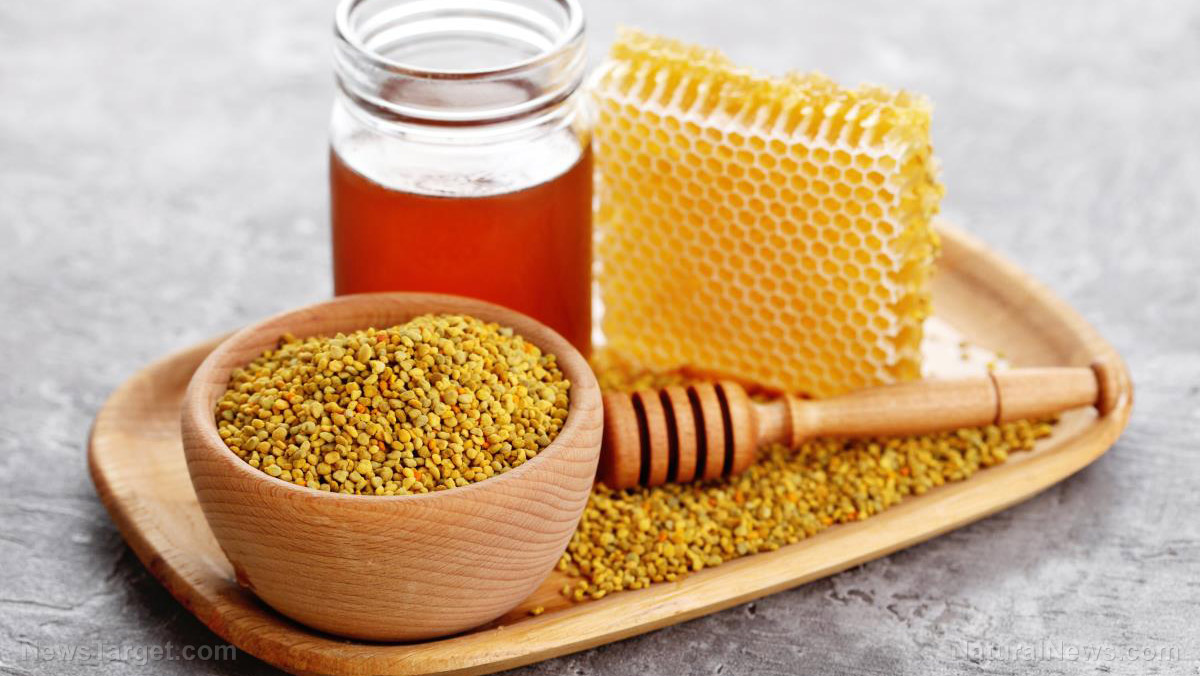Is asthma a microbiome disease? Stronger gut health linked to preventing asthma in infant boys
12/26/2017 / By Janine Acero

A groundbreaking study from University of Alberta revealed that mothers passing on asthma to their children during pregnancy may be preventable, thanks to gut bacteria.
Children born to asthmatic mothers, particularly baby boys of Caucasian descent, are known to have a high genetic risk of developing the disease in early childhood. The research team, led by AllerGen investigator and UAlberta microbiome epidemiologist Anita Kozyrskyj, discovered a link between asthma during pregnancy and gut bacteria.
More than 1,000 mothers and their infants participated in AllerGen’s Canadian Healthy Infant Longitudinal Development (CHILD) Study, a national population-based birth cohort. The infants’ fecal microbiota were assessed and compared with samples from mothers without asthma.
The data analyzed from the large population included pre-pregnancy weight; whether or not the baby was breast-fed; ethnicity; and maternal allergies. The findings revealed that Caucasian baby boys whose mothers had asthma were one-third more likely to have a specific gut microbiome three to four months after birth.
The findings suggest that escalating rates of childhood asthma worldwide over the past 30 years may have had a different cause than genetic changes. (Related: Childhood asthma found to be associated with prenatal phthalate exposure)
“This lack of a family of microbiomes called Lactobacillus was also more likely in Caucasian baby boys born to pregnant women who had asthma and allergies, and/or who had asthma and who were overweight,” said Kozyrskyj, one of the world’s leading researchers on gut microorganisms or bacteria called microbes that live in the human digestive tract.
Kozyrskyj said that their decision to study the link between asthma and gut bacteria was motivated by the well-established fact that maternal asthma affected infant birth weight in a sex-specific manner.
“The Caucasian male fetus is more likely to have a lower birth weight in response to maternal asthma. So we knew there were already sex-based differences going on in the uterus in mothers with asthma.”
Interestingly, maternal asthma influenced female infants’ gut bacteria differently. “Baby girls were more likely to have higher amounts of bacteria in the Bacteroidaceae family, which are important for maintaining the mucous barrier that protects gut cells from damage by harmful substances. So, this change may actually benefit female babies’ health,” explained Kozyrskyj.
According to the researchers, their discovery could offer the possibility of preventing asthma in children by modifying the gut microbiome in infants to reduce the risk. In the same vein, it was found that administering antibiotics to pregnant mothers during delivery may alter intestinal bacteria in infants that can affect their immune systems.
However, it was revealed that breastfeeding can modify some of the effects of the antibiotics.
“Breastfeeding does affect the composition of the gut and it does promote certain types of beneficial microbes to inhabit your intestine. Formula-fed infants have a different composition at 12 months,” according to Kozyrskyj.
A refresher on gut bacteria
The human gut is home to swarms of bacteria. They help us with all sorts of important biological processes, such as digesting food, assisting our immune systems and producing nutrients that the rest of our body need. These are called probiotics, the “friendly” bacteria. When you lose these “good” bacteria in your body, for instance after you take antibiotics, probiotics can help replace them. You can find probiotics in some foods, like yogurt.
For more stories on scientific breakthroughs and discoveries, visit Scientific.news today.
Sources include:
Tagged Under: asthma, childhood asthma, gut bacteria, infant health, microbiome, pregnancy, prevention, probiotics











